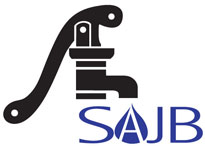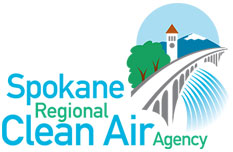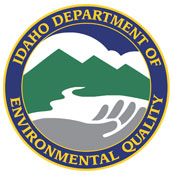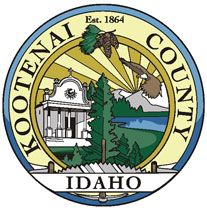Waste » Residential » Wastewater » Septic System Pumping
The Washington State Department of Ecology provides the following septic system maintenance information. Here are things you can do.
- Get regular inspections and maintenance. Check with your county Environmental Health office for advice. You may be able to do this yourself. The current state Board of Health rule for on-site sewage systems requires a full evaluation every one to three years for a system consisting of a septic tank and a gravity drainfield. All other systems must have a yearly evaluation. You may not need to pump every time, but it’s good to budget as though you will.
- Choose a date or time of the year for inspection that’s easy to remember. Mark it on the calendar.
- Learn how to keep your system functioning —what you can and can’t flush or pour down the drain. No pet waste, medications, grease or toxic chemicals. If you have a garbage disposal, don’t use it or use it sparingly.
- Keep trees at least 30 feet from edge of drainfield to keep their roots from invading. And never drive over the system.
- Watch for cues that your tank is nearing capacity or your system is failing. Got odors? Get someone out to check it right away. Then fix it, if needed.
- Conserve water. Too much water can cause solids to escape your tank and plug your drainfield.
If too much water, bleach, dish detergent, antibacterial soap, etc, is flushed into the septic tank the scum layer stops decaying & builds up until the baffles are blocked & the tank backs up. Pumping is necessary to give it a fresh start. Although enzymes can minimize the system from failing in this way, it does not eliminate the need for routine pumping. Over time, the sludge layer also builds up until the baffles are blocked. The tank does not have to be full of sludge for this to happen. The baffles, especially the center one, hang down halfway to the bottom. Once the sludge has built up to this point, the flow is blocked & a backup will occur.
When the plumbing is draining slowly, it can be caused by one of two factors.
1. The Tank is backed up. If this is the case, you will experience trouble in all the drains. Generally the lowest drain will overflow.
2. The plumbing vent is blocked. If the toilet level lowers, drains, or gurgles without overflowing, you know this is the issue. Try running a garden hose down the vent to see if it will accept fluid.
We do not recommend waiting until your tank backs up! The force of the water coming into the tank many times pushes the sludge into the second chamber. When it fills, it's forced into the drain field. Repairing a drainfield costs thousands of dollars & is never worth the risk.
FREQUENTLY ASKED QUESTIONS from Prettyman Septic
How often should I have my tank pumped? Depending on various conditions, you may need to pump as often as once a year. We typically do not recommend waiting any longer than six years.
How long does it take to pump my tank? It generally takes about 30 minutes to an hour to pump out a well-maintained system. A poorly maintained or over-full tank can take hours.
Do I need to be home while my tank is being pumped? Not necessarily. Under most circumstances, septic tanks can be serviced without the homeowner being present. However, you are by all means welcome to observe the process if you wish.
Should I use a septic tank additive like Rid-X? There is some debate as to whether or not additives like Rid-X are helpful. Additives are intended to help maintain a healthy bacterial ecology in your tank. However, they are not a replacement for regular pumping. Solid materials still build up over time, requiring service.
What kind of maintenance (beside pumping) does my septic system need? As mentioned above, additives like Rid-X may help maintain a healthy system. Some systems have a filter on the outlet pipe that requires cleaning – usually every six to twelve months. This can usually be done by rinsing the filter with water.
Is there anything I should avoid putting in my system? Septic tanks work best when they contain only wastewater and bathroom tissue, but the things that tend to cause the most trouble are feminine hygiene products, baby wipes, and powdered soaps. It’s also a good idea to limit the use of strong cleaning chemicals such as bleach.
The Groundwater Foundation has free tools and resources for septic system maintenance. You will need to register on their website to be able to access the documents. The Get Pumped Septic Education Toolkit provides proper septic system operation and maintenance information for lake residents and other septic system owners.
The US Environmental Protection Agency has septic tank and drain field management guidelines to help local governments and managers of small, privately owned wastewater treatment systems.










